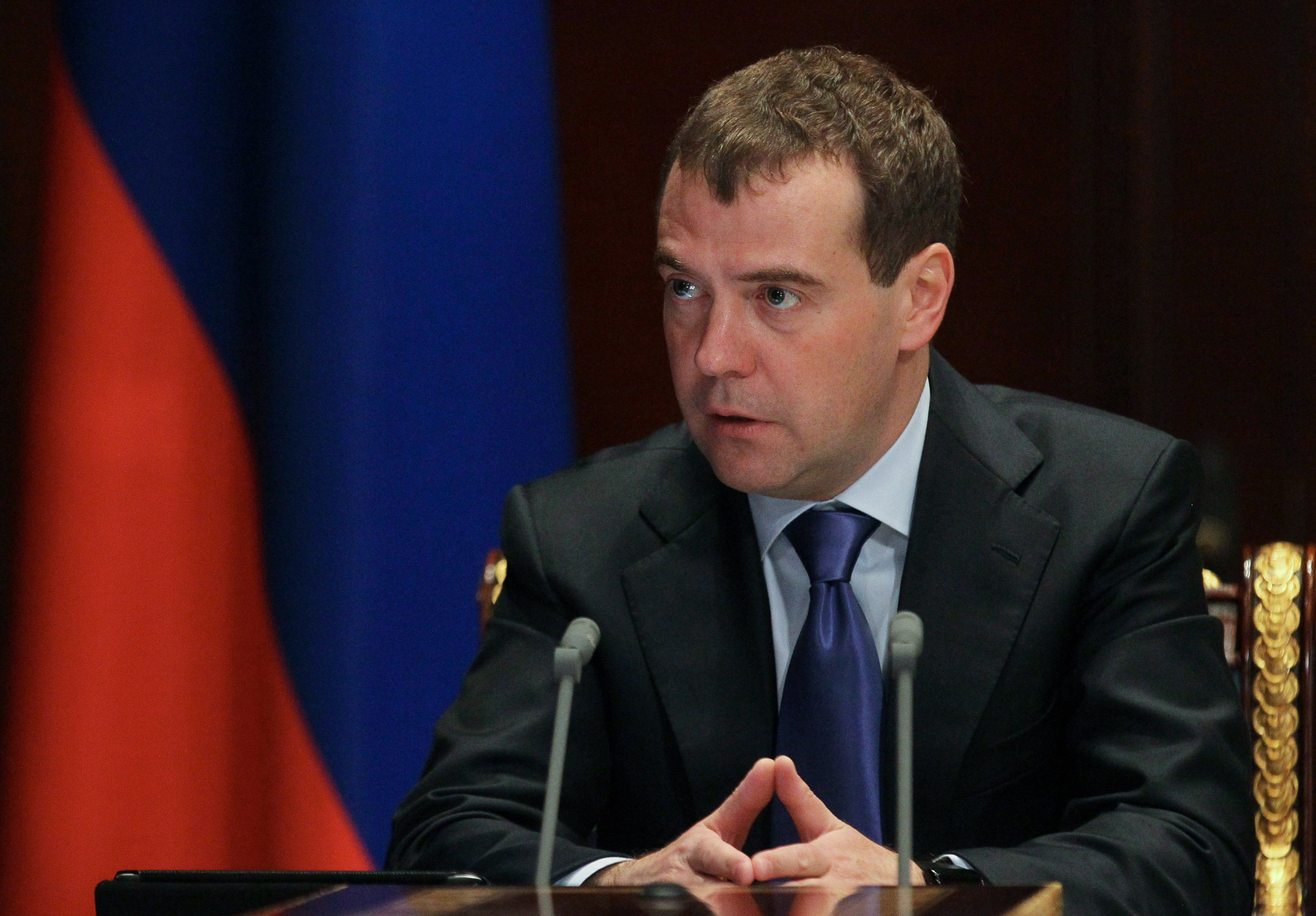MOSCOW, June 17 (RAPSI) - Even if the Americans tried to listen to the telephone conversations in 2009 of then-Russian president Dmitri Medvedev, they probably wouldn’t have been able to decipher anything, a well-informed source familiar with the situation told RIA Novosti.
The source was commenting on reports released by The Guardian Monday that the US National Security Agency (NSA) had intercepted communications from Medvedev’s delegation during the G20 summit in London.
Even if the American side was attempting to listen or intercept some information, they would not have been able to understand what was meant in conversation as they are encrypted, according to the source.
A source from Russia’s Federal Guard Service (FSO) then told RIA Novosti that the country’s high-ranking officials can rely on confidential communications. While the FSO is not giving an official comment on the matter, the source said that all necessary precautions are taken to ensure that the highest state officials can rely on this confidentiality in their communications from anywhere in the world. The FSO is an executive body whose duties include safeguarding presidential, governmental, and other such communications and information provided to government agencies at all levels.
Former head of the Foreign Security Service (FSB) Nikolai Kovalyov told RIA Novosti Monday, “From a technical point of view, monitoring the conversations of people in your own country is not at all complicated… It’s another matter that intelligence services are forbidden from doing such things to avoid a diplomatic and international scandal, and they usually don’t do them.”
The Guardian report Monday was the outcome of another leak by NSA whistleblower Edward Snowden, who took credit earlier this month for having leaked top-secret documents to The Guardian, which in turn exposed his identity – at his request. He is described in the report as a 29-year-old man who formerly worked as a technical assistant for the CIA prior to entering the private sector. Most recently, he worked for consulting firm Booz Allen Hamilton.
Snowden justified his decision to The Guardian, stating: "My sole motive is to inform the public as to that which is done in their name and that which is done against them."



